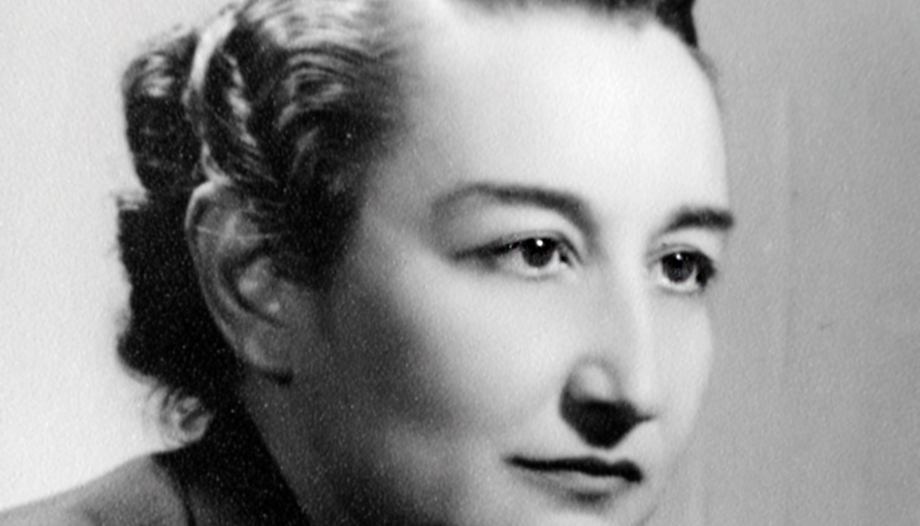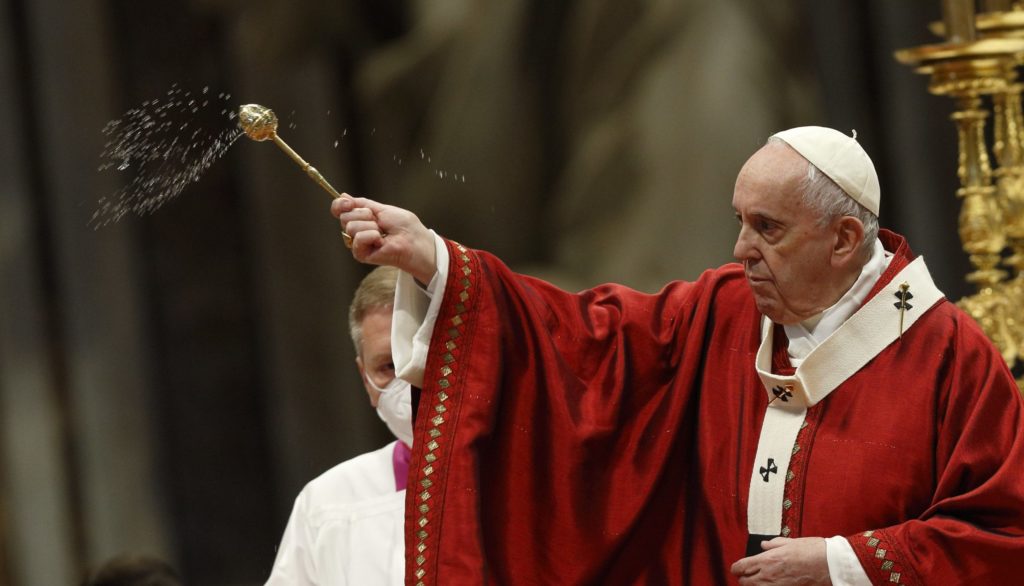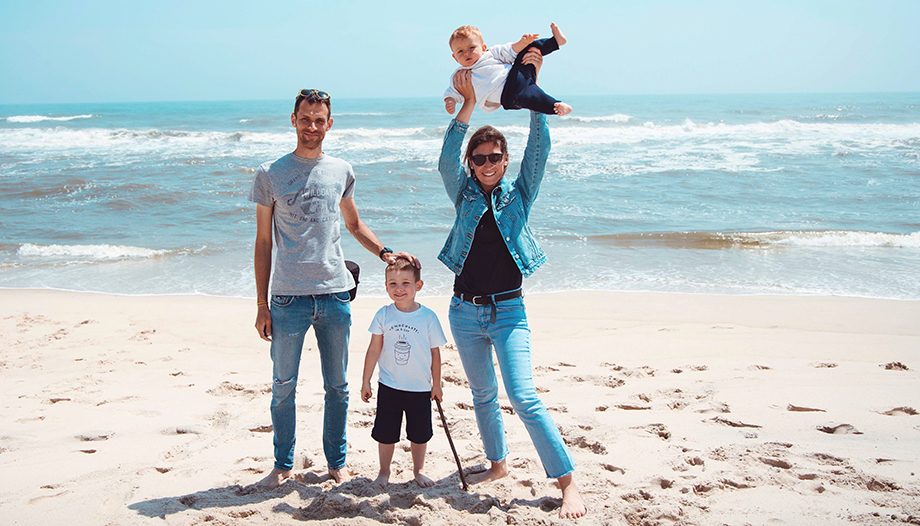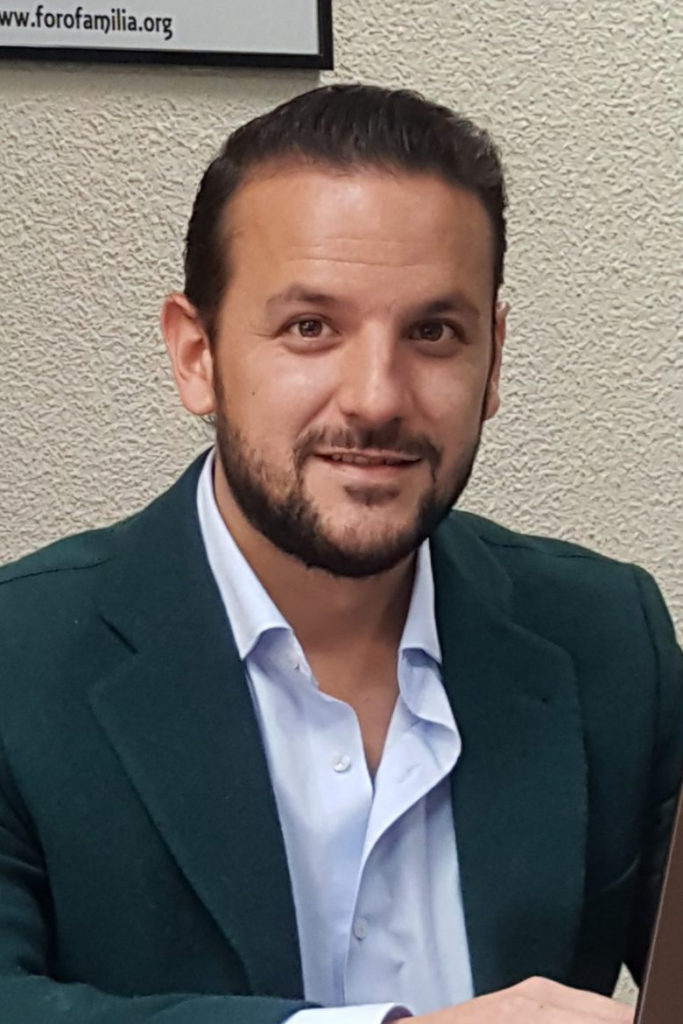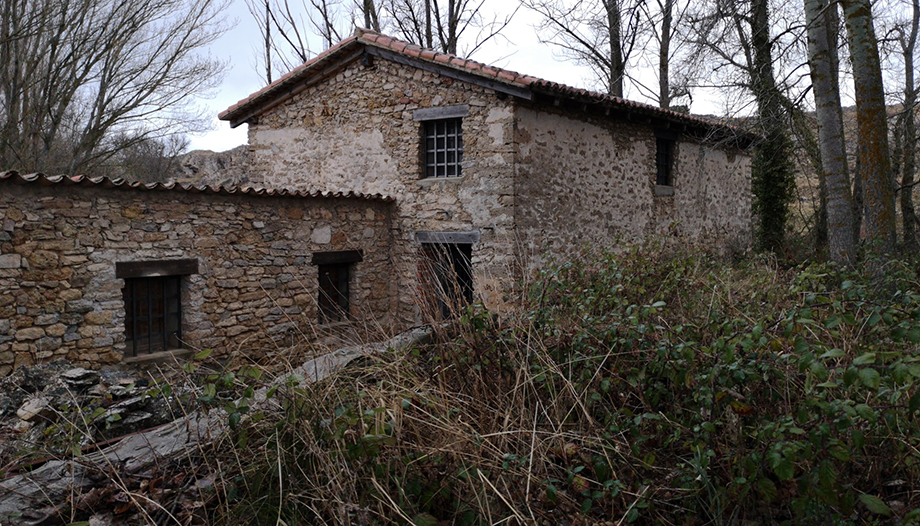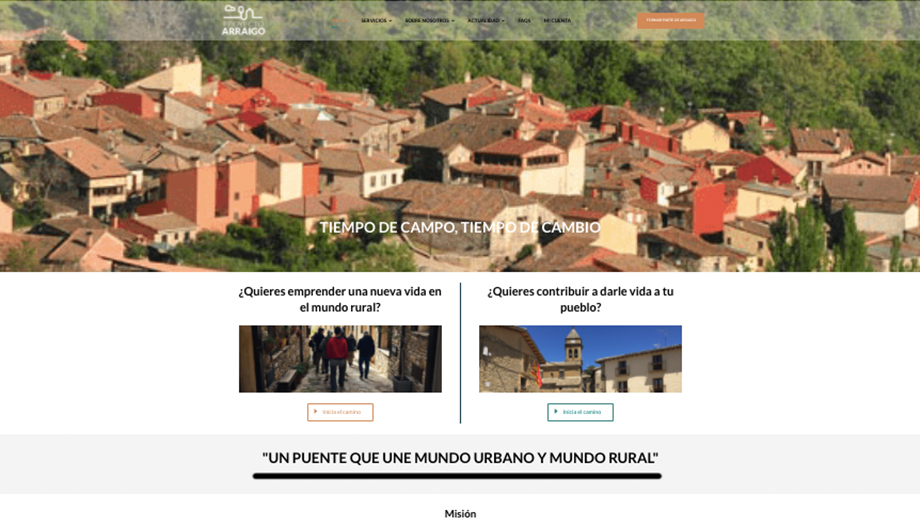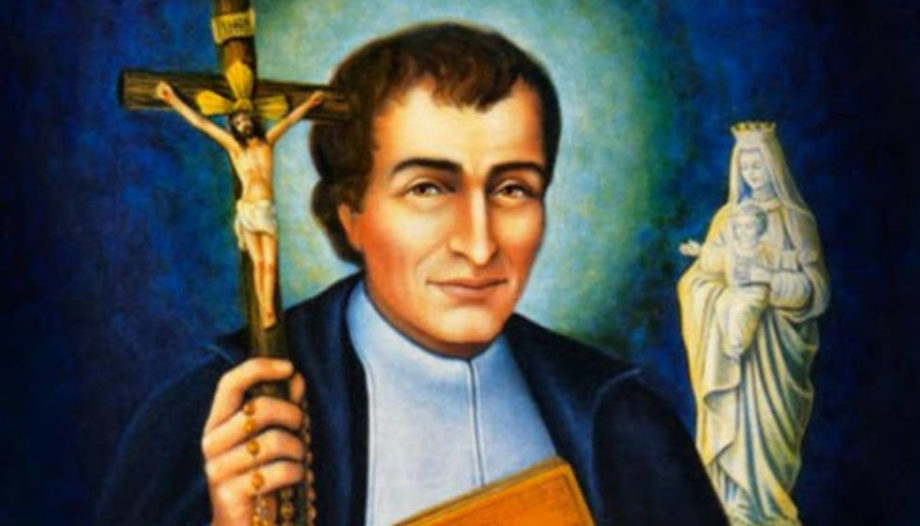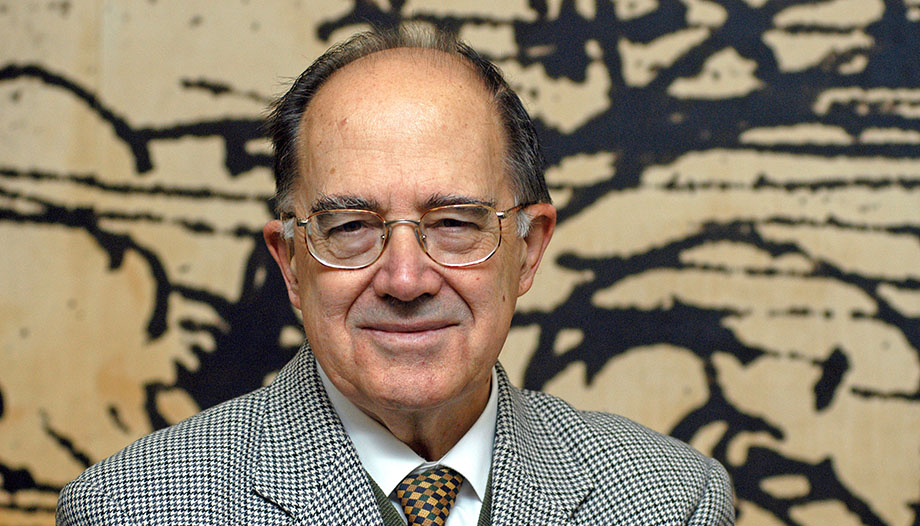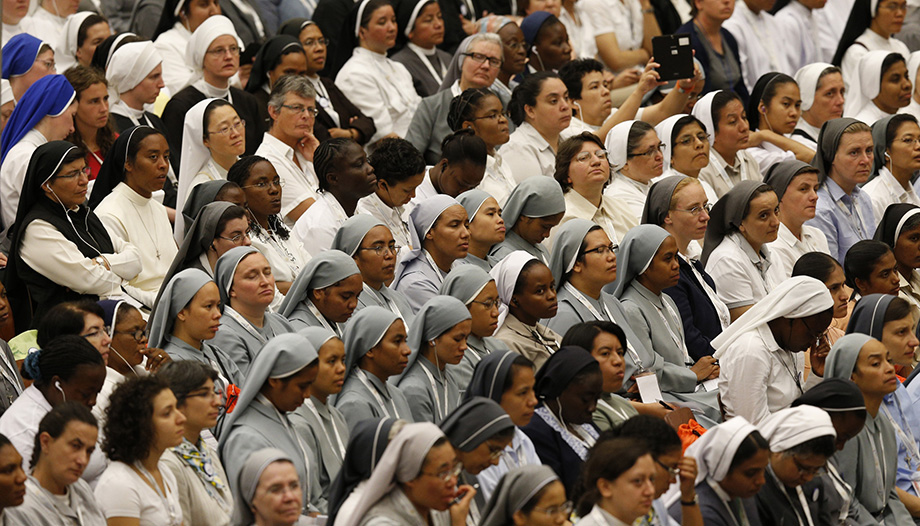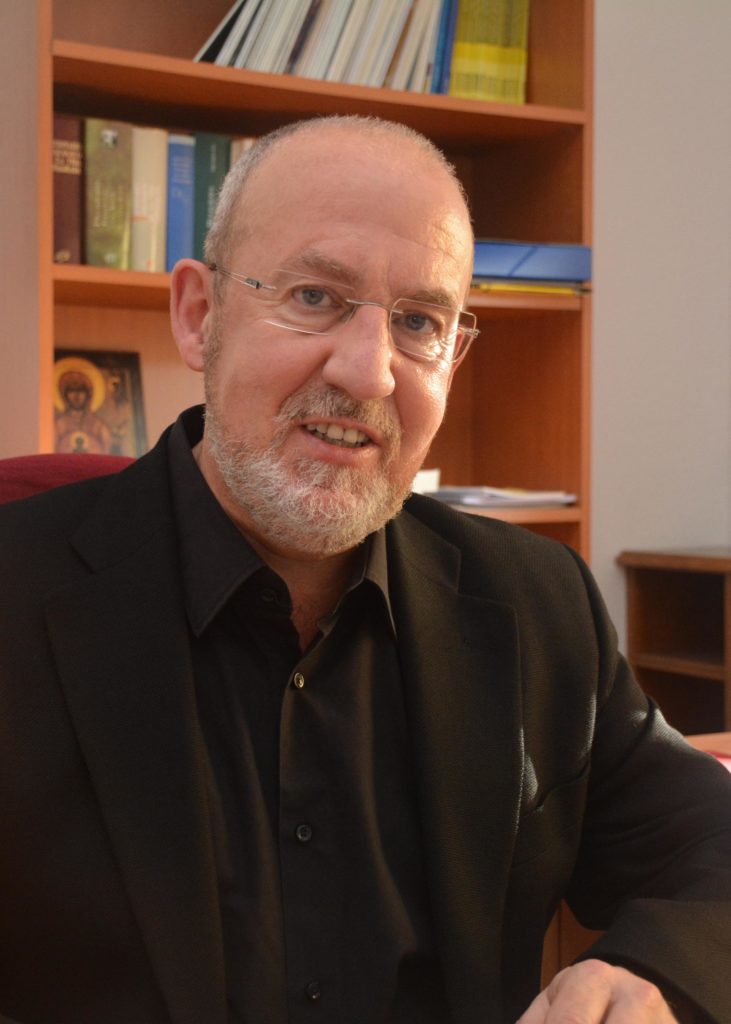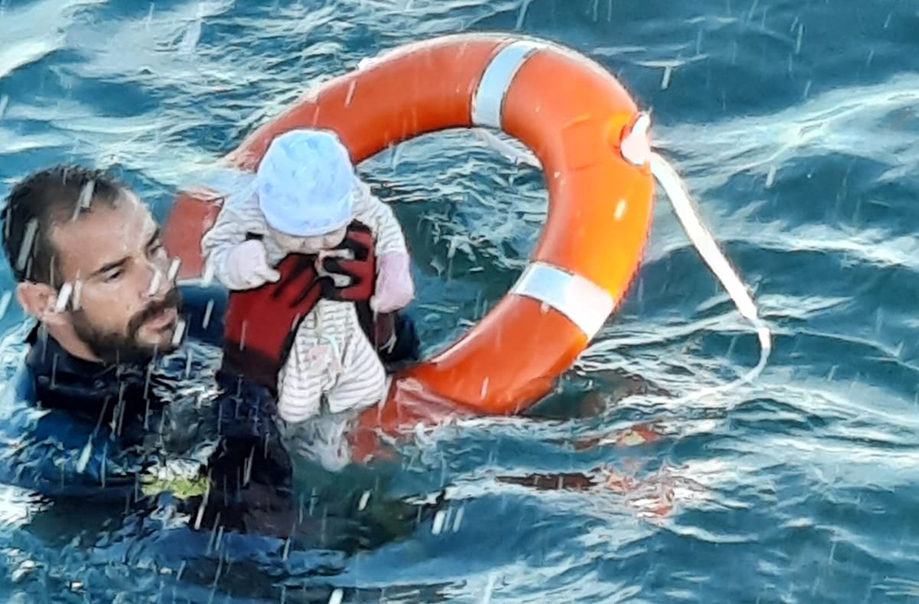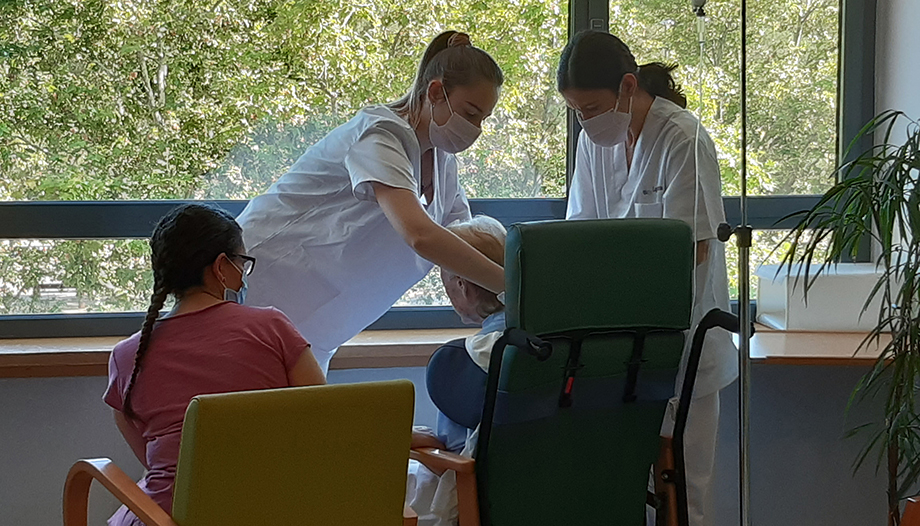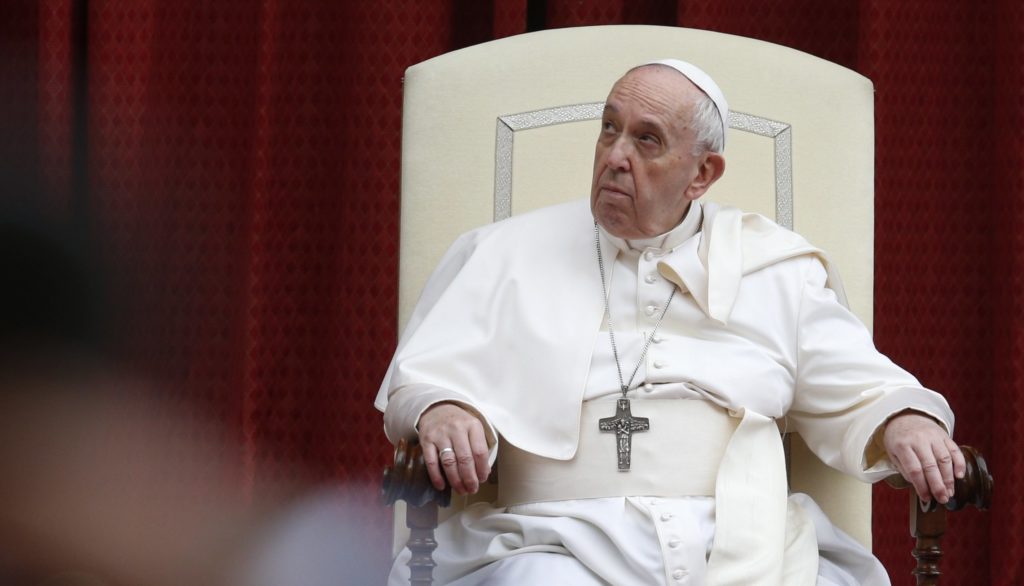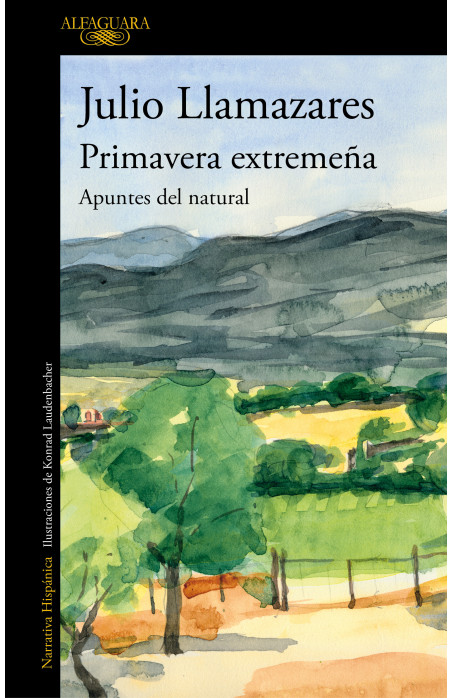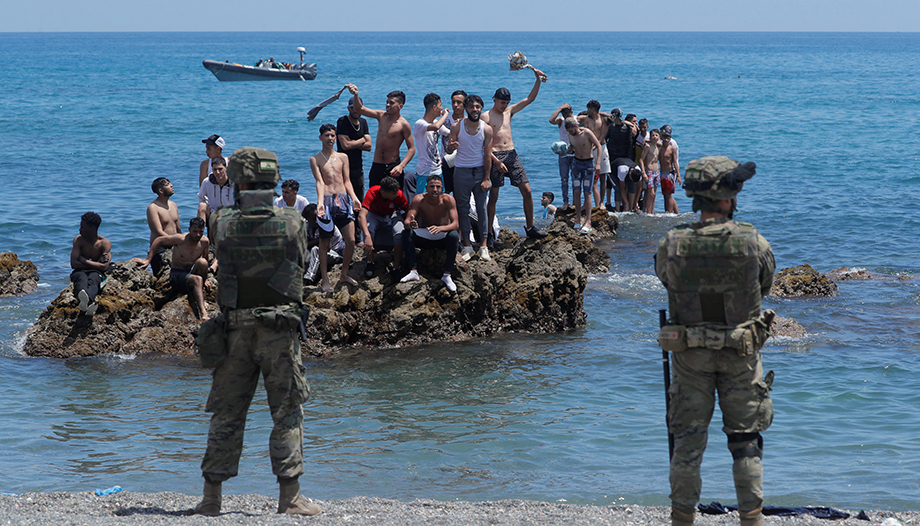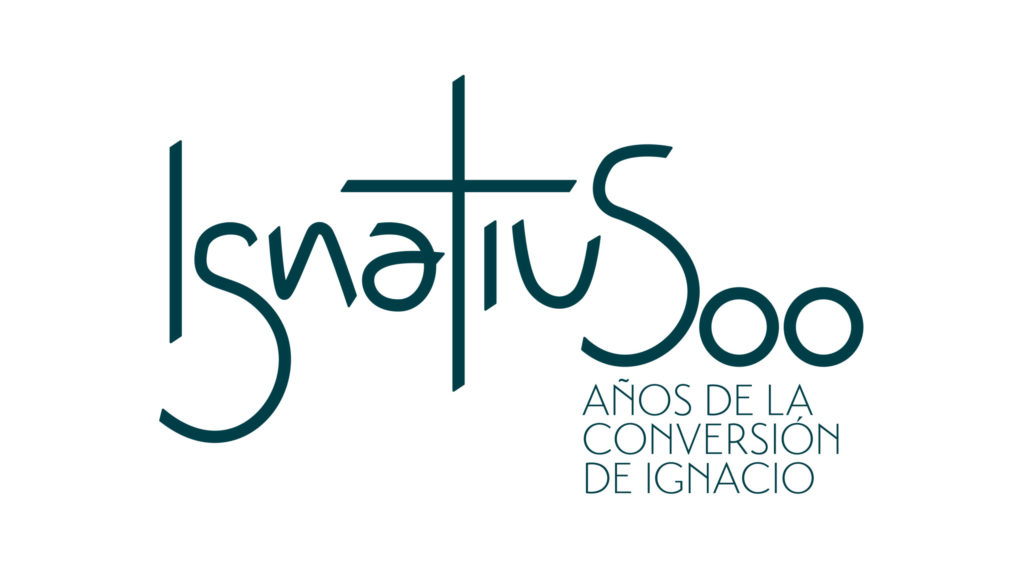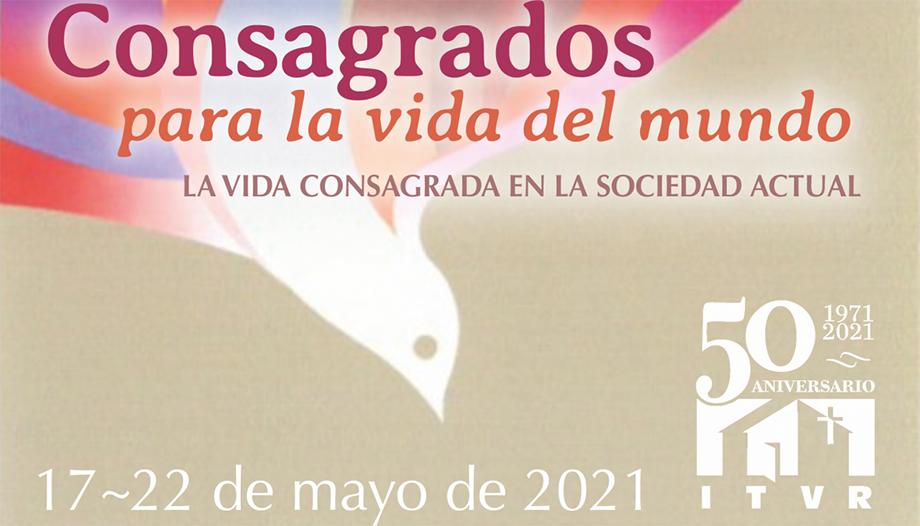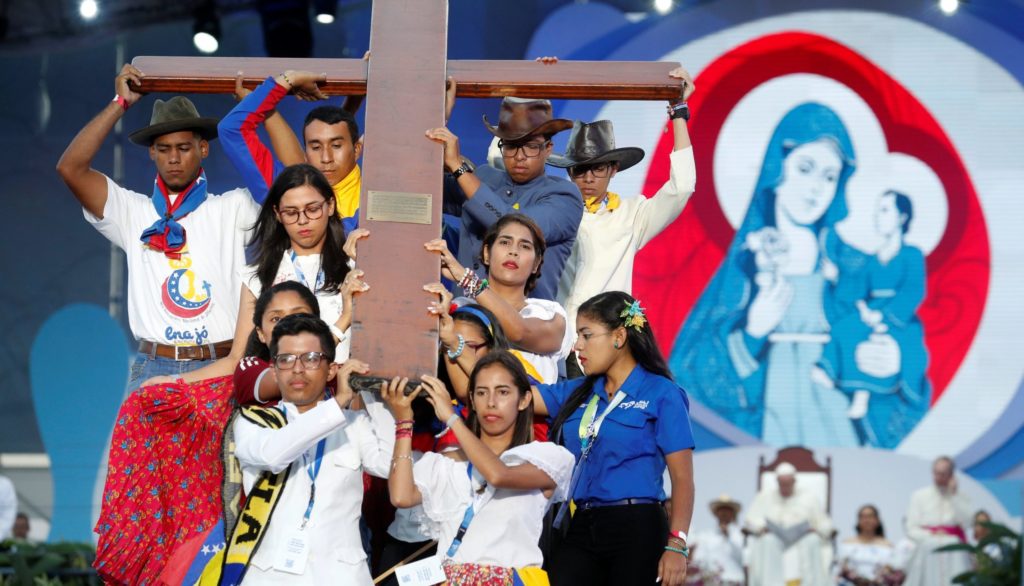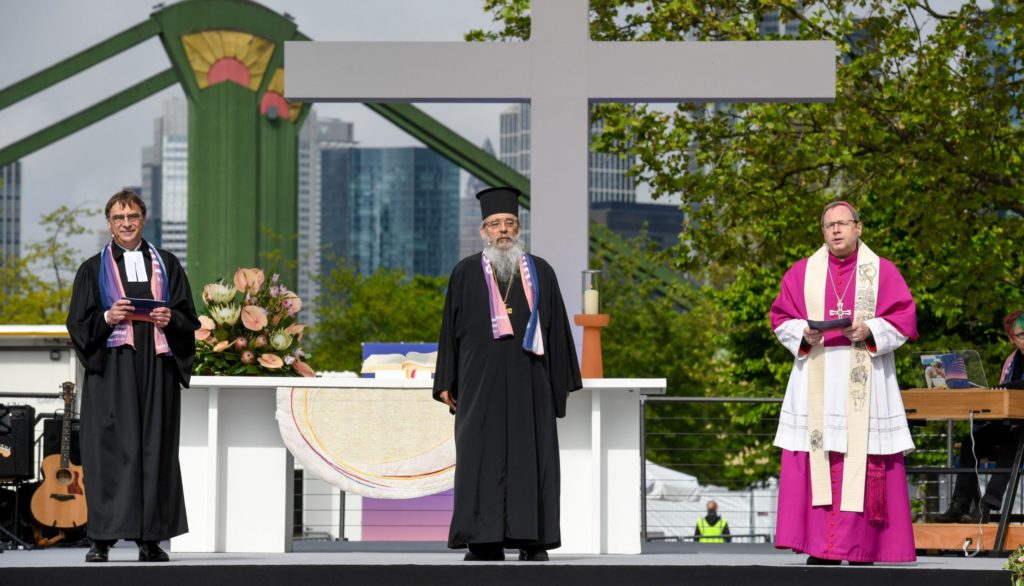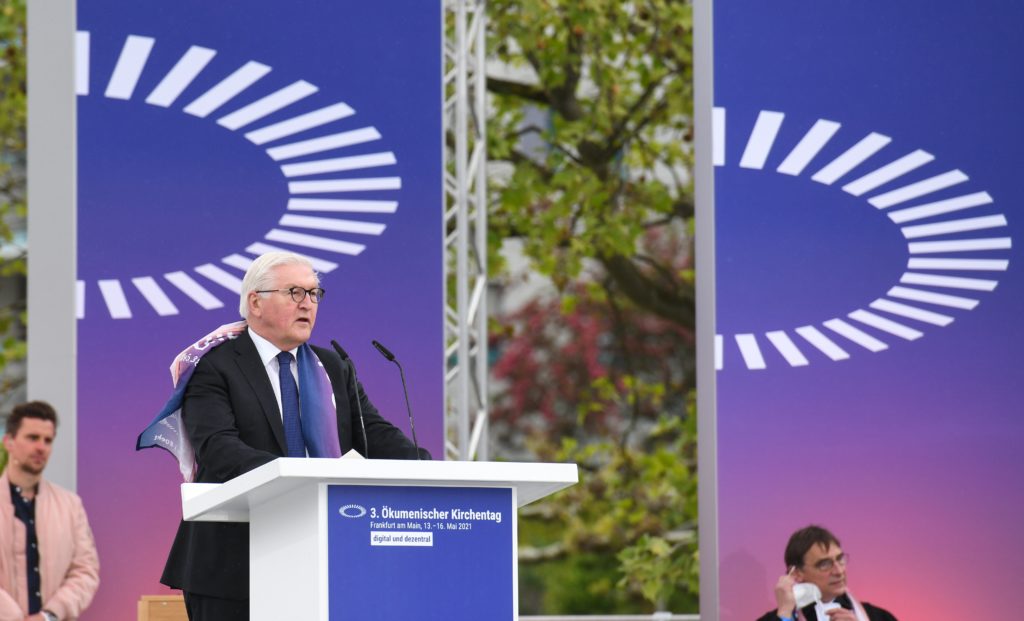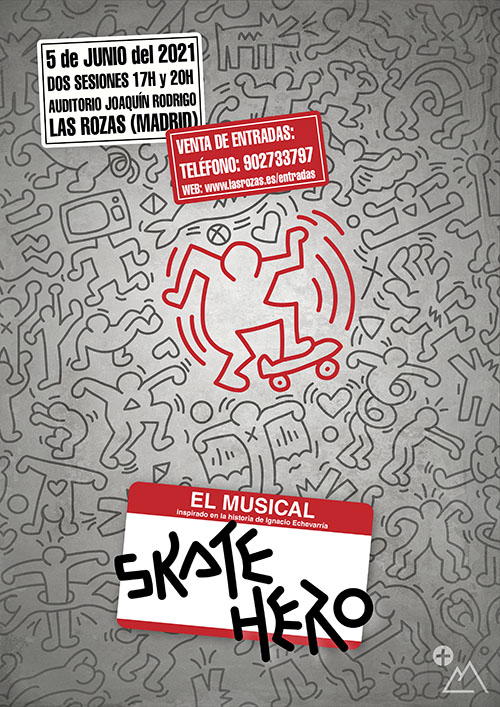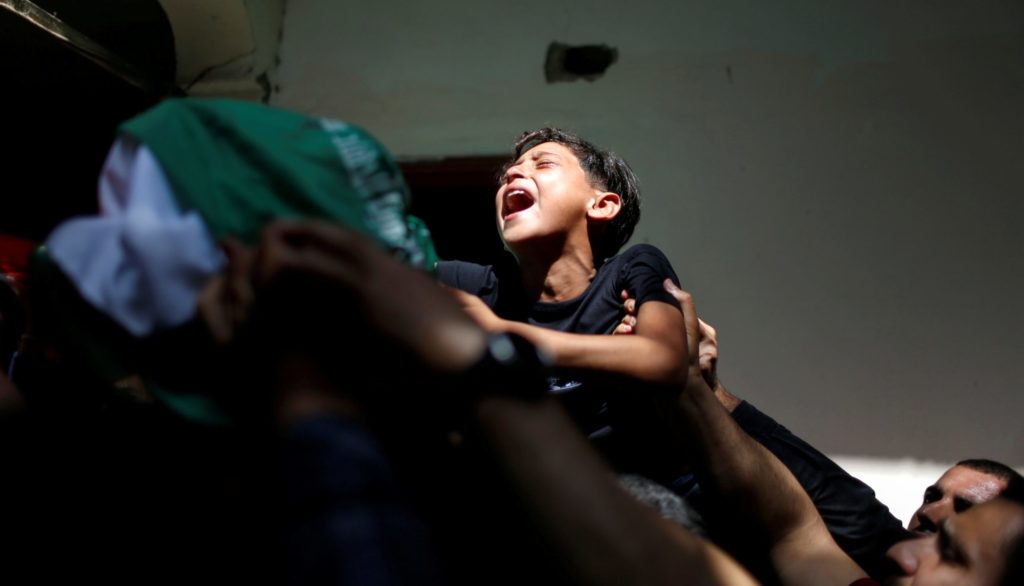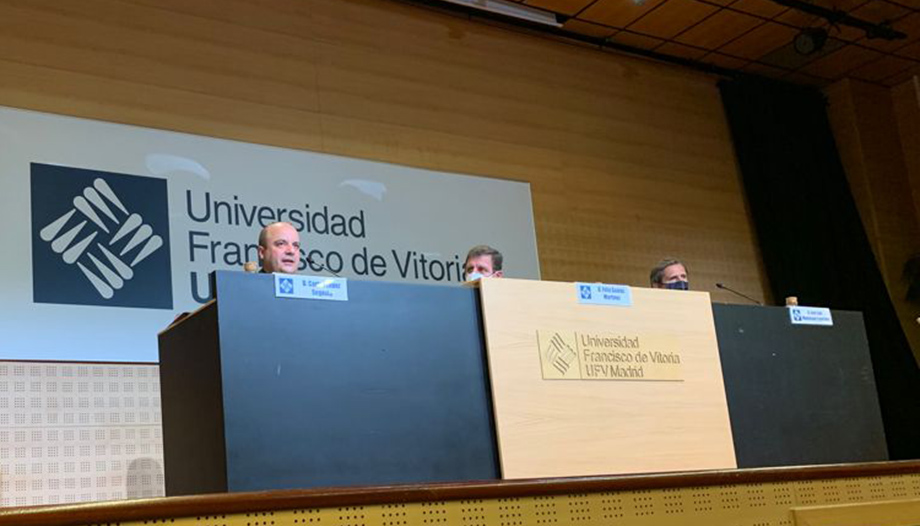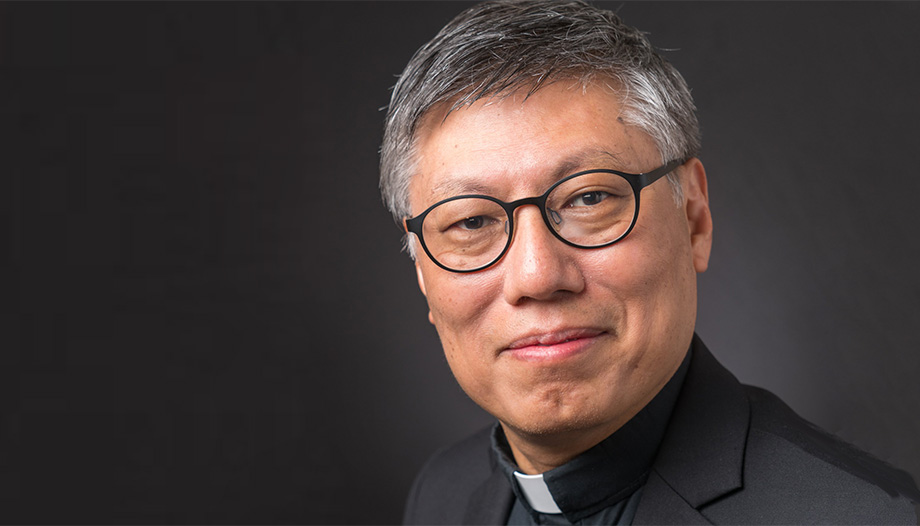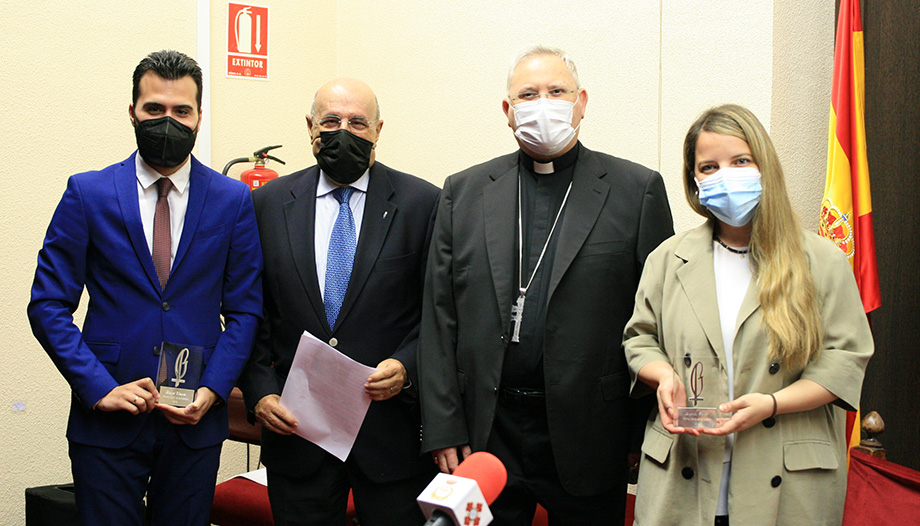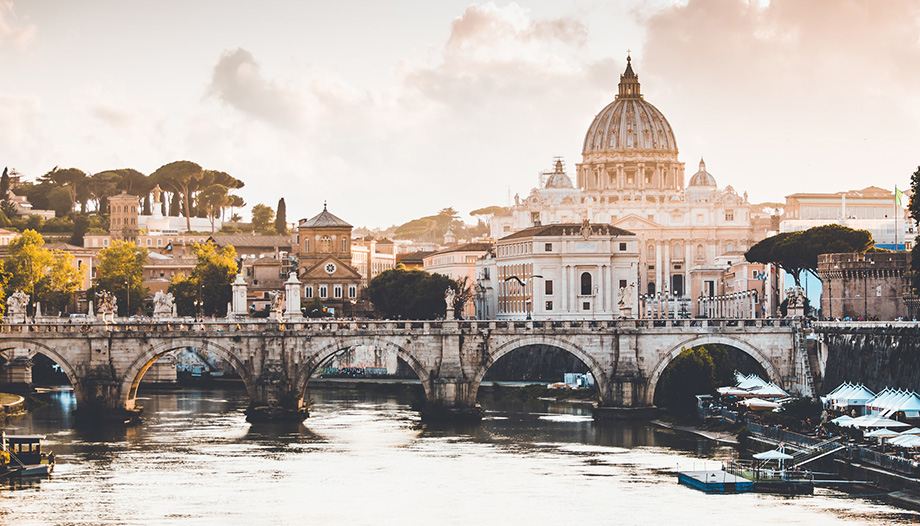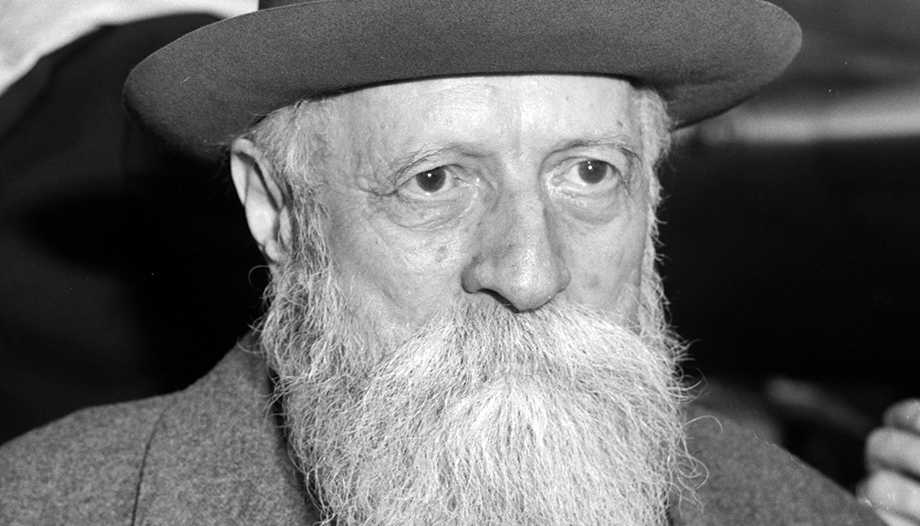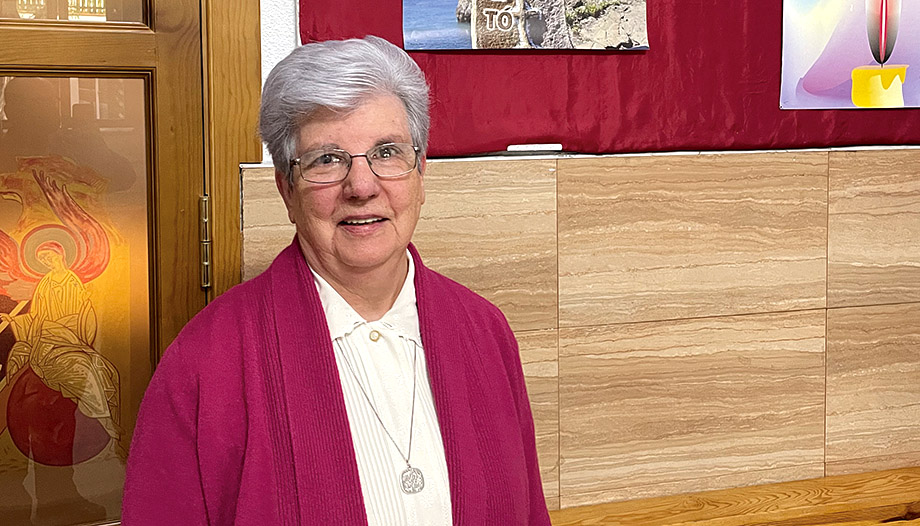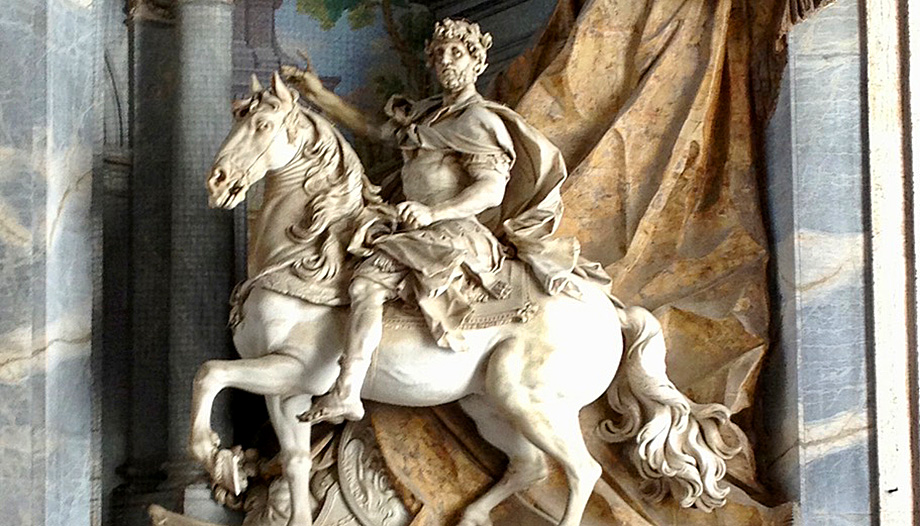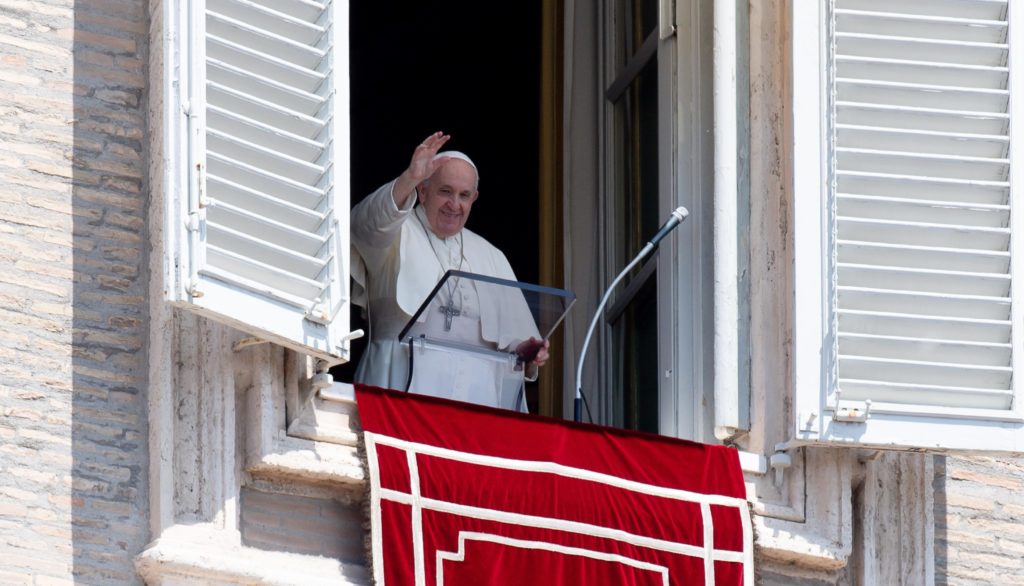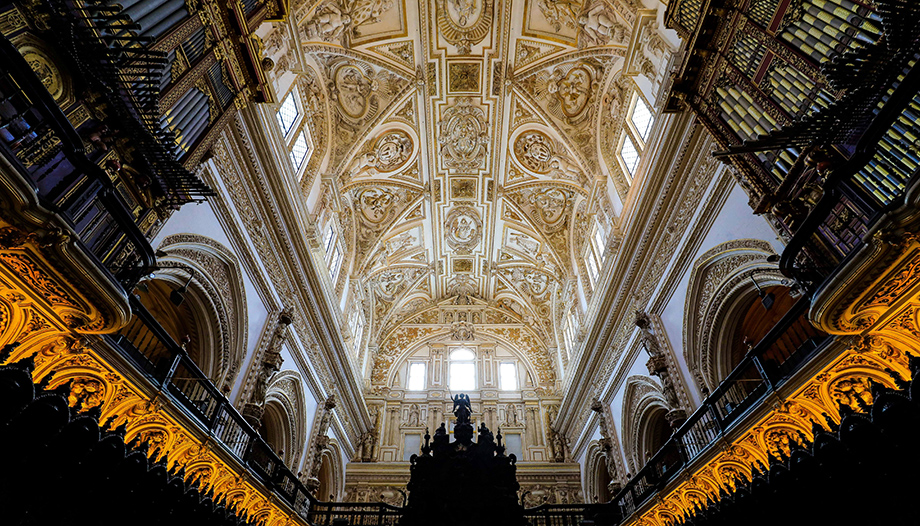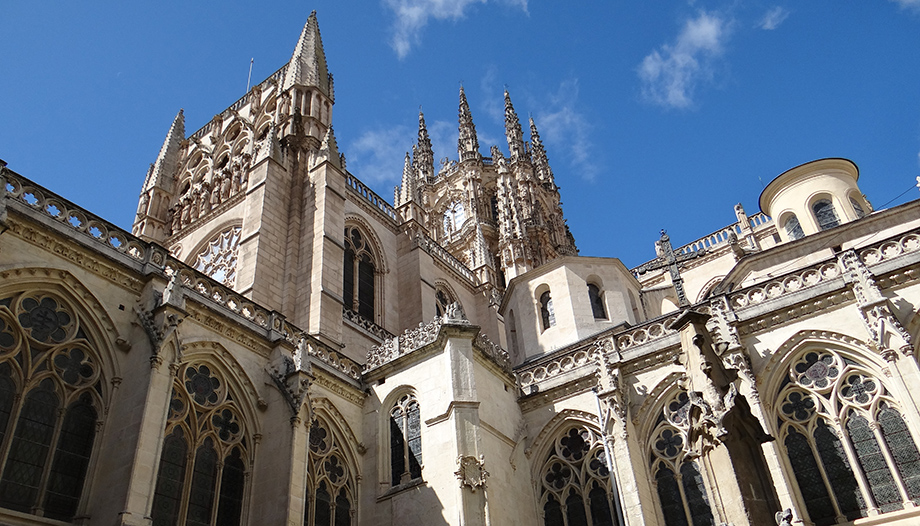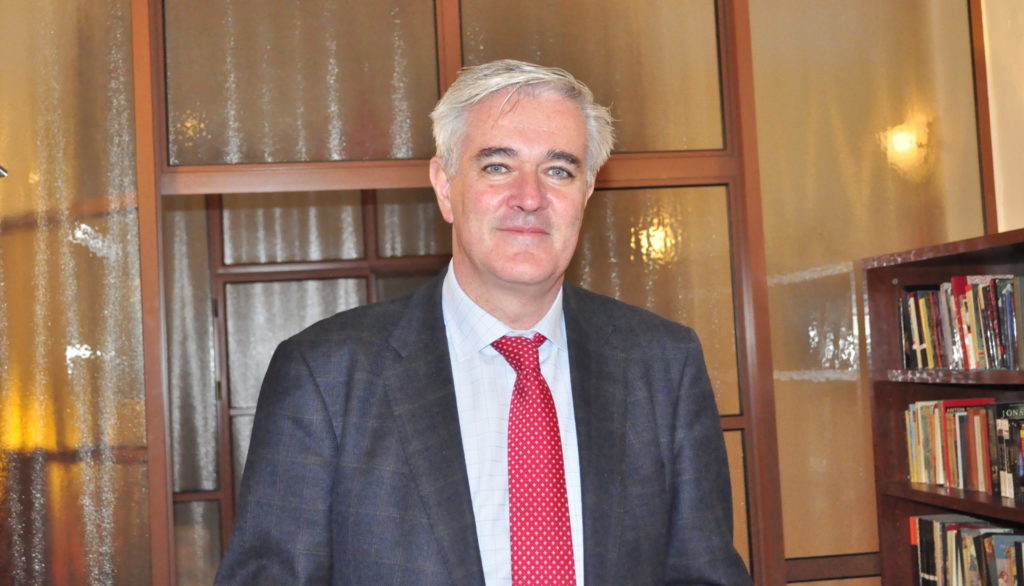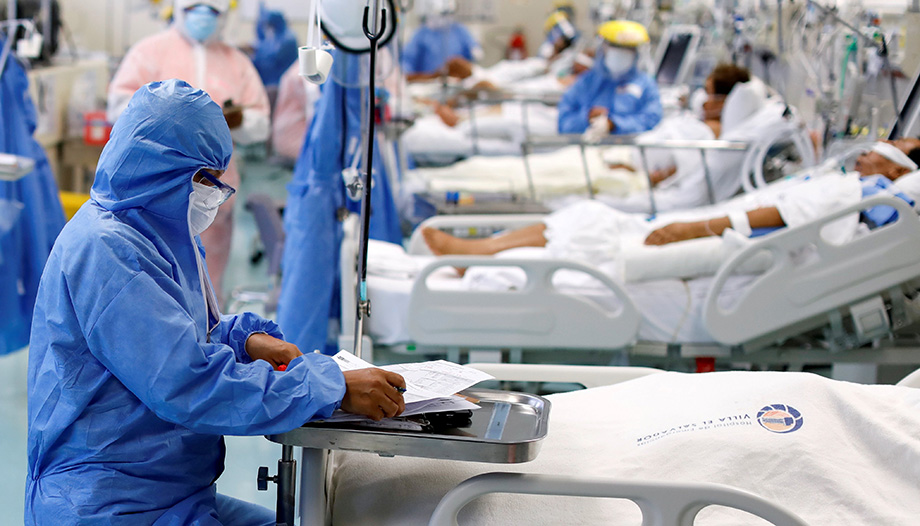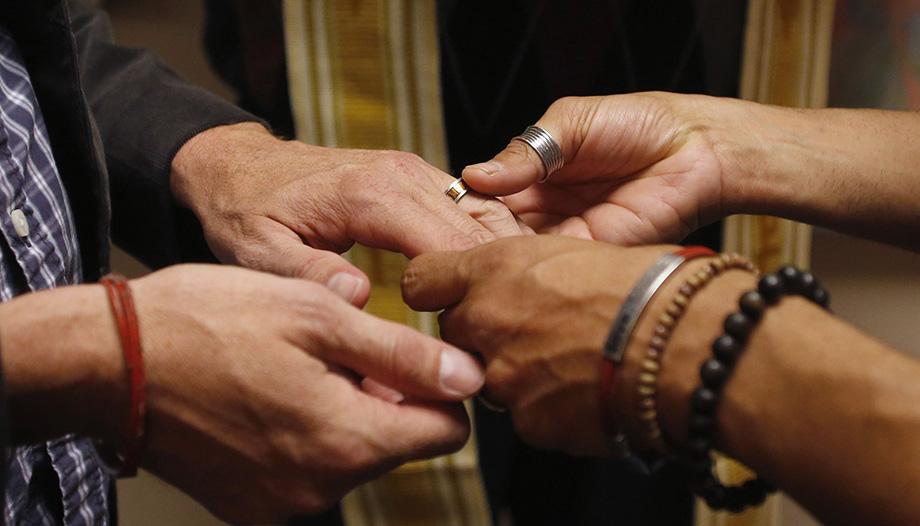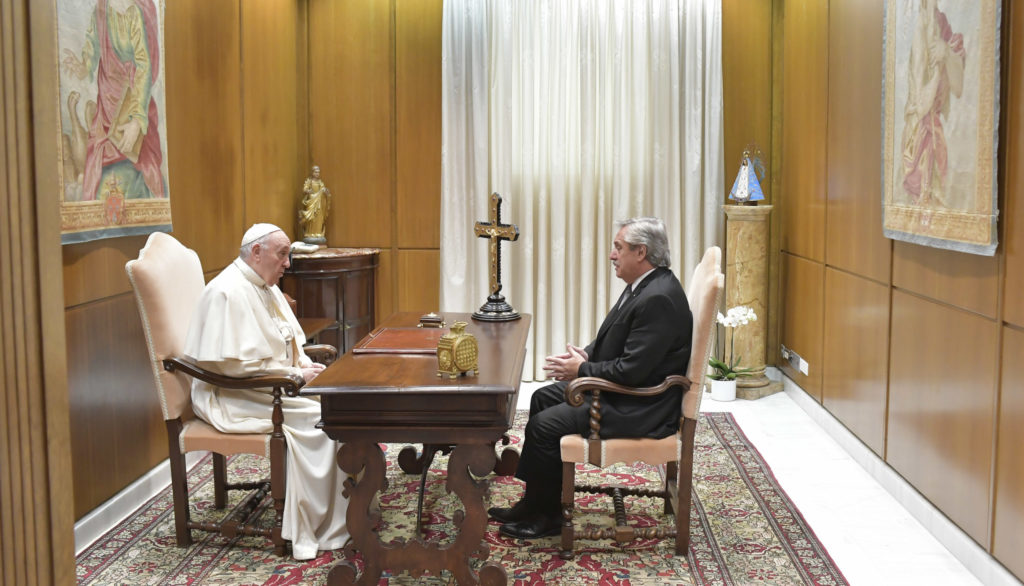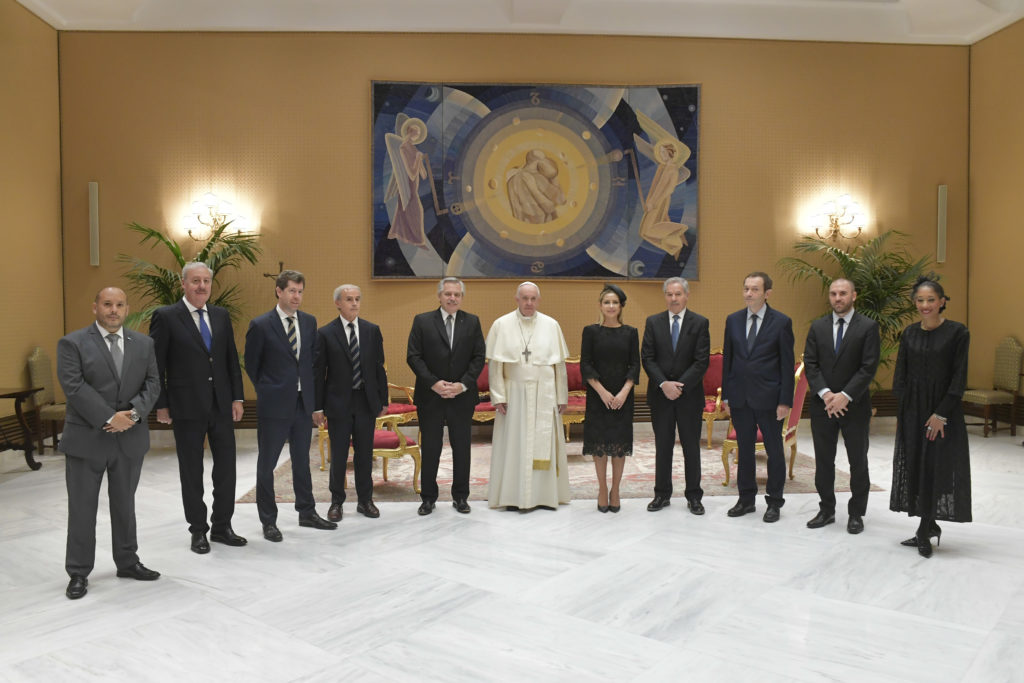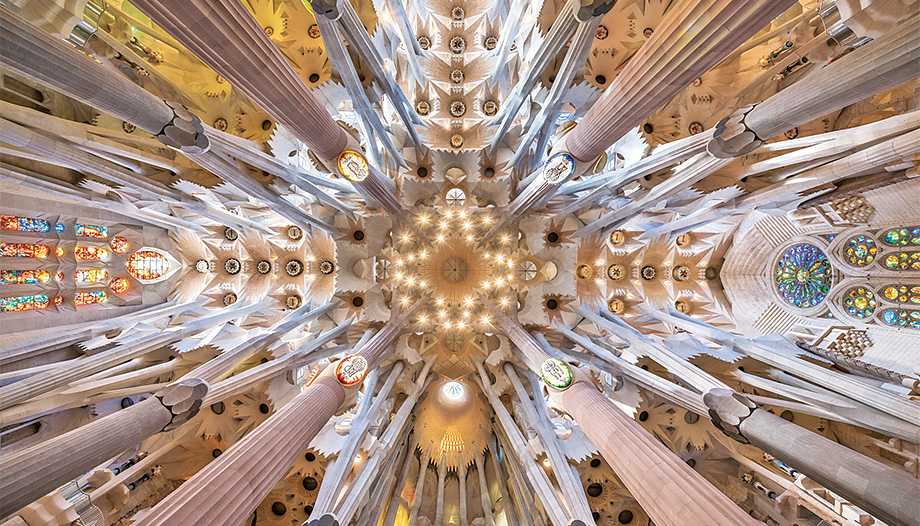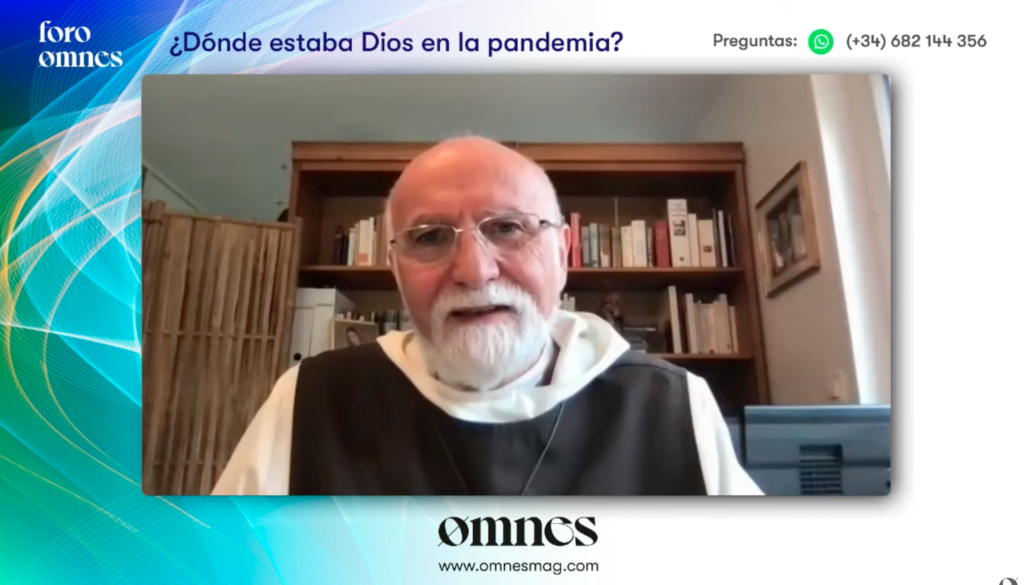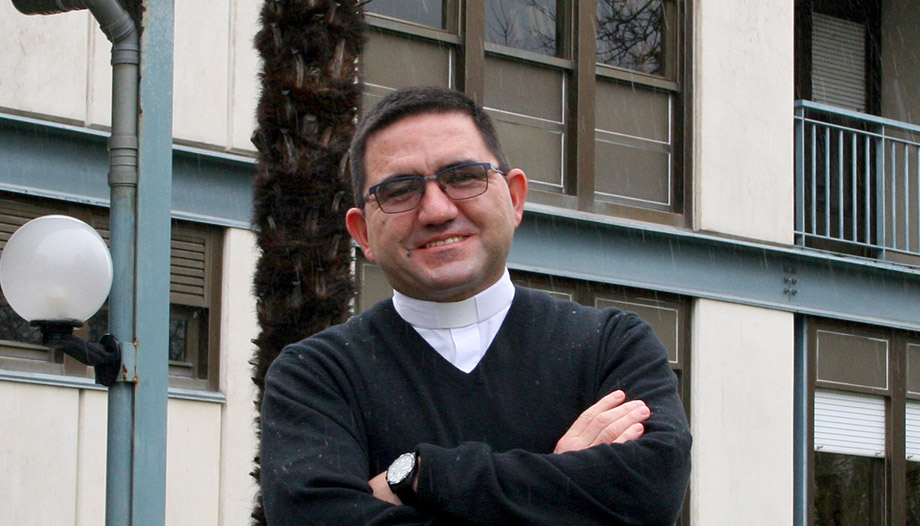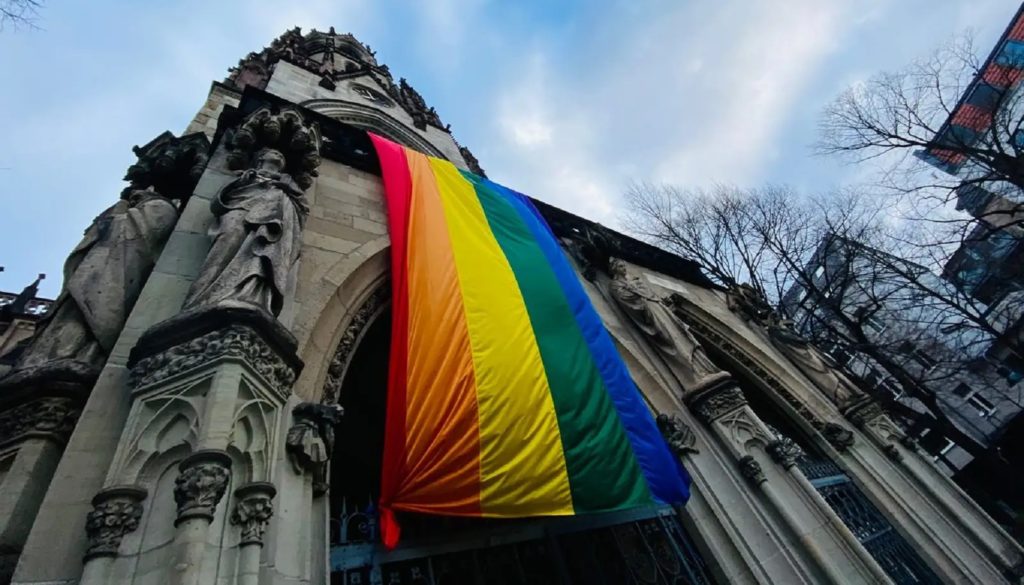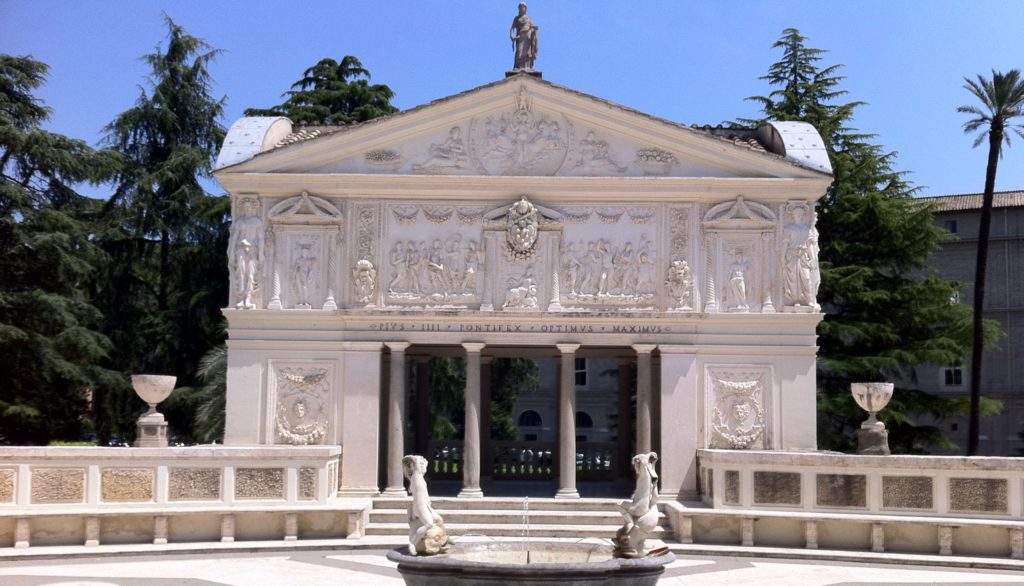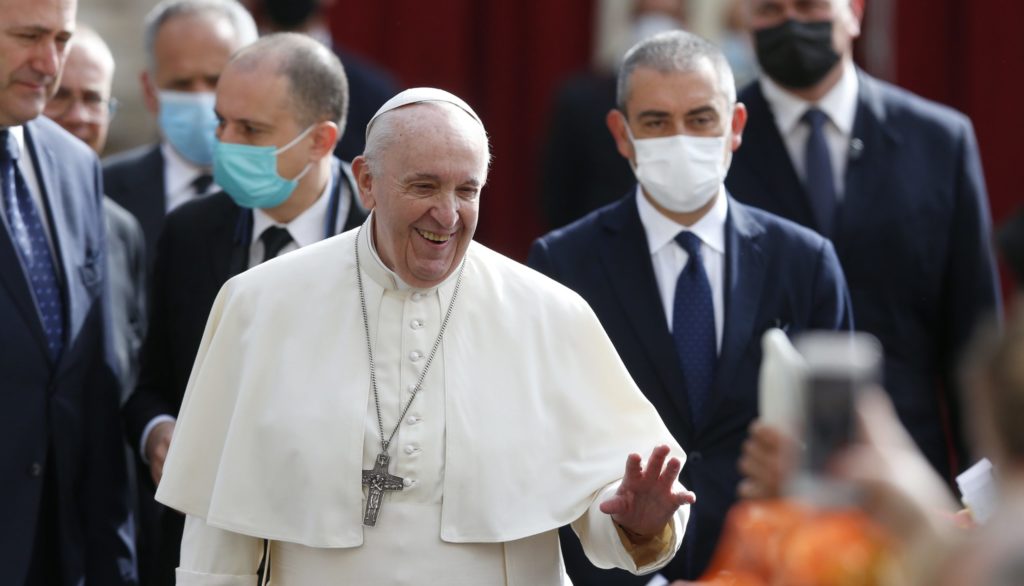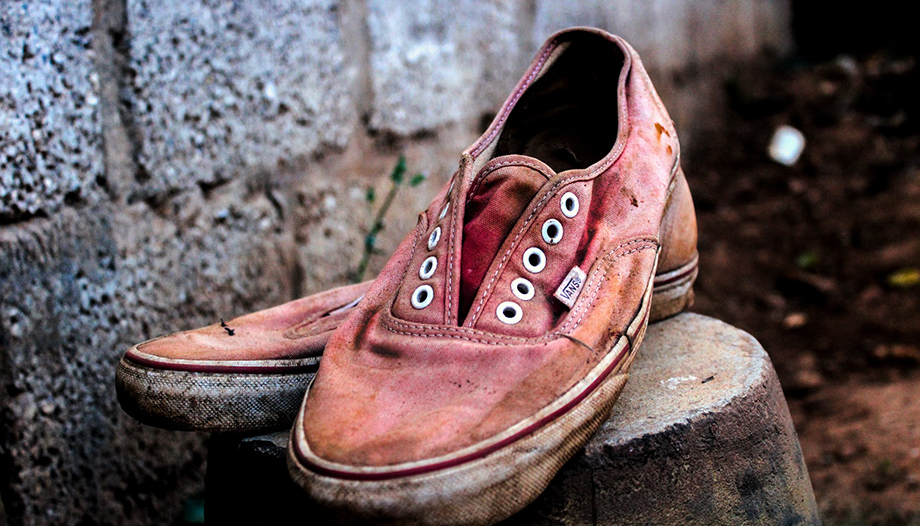Pastoral guidelines for the celebration of World Youth Day in the Particular Churches by the Dicastery for the Laity, Family and Life
1. World Youth Days
The institution of World Youth Days was undoubtedly a great prophetic intuition of St. John Paul II, who explained his decision as follows: "All young people must feel cared for by the Church: therefore, may the whole Church, in union with the Successor of Peter, feel ever more committed, on a worldwide level, to young people, to their concerns and worries, to their openness and hopes, to respond to their expectations, communicating the certainty that is Christ, the Truth that is Christ, the love that is Christ.....".[1]
Pope Benedict XVI took up the baton from his predecessor and, on several occasions, has not failed to emphasize how these events represent a providential gift for the Church and described them as "medicine against the weariness of believing", "a new, rejuvenated way of being Christian", "a new evangelization lived."[2]
For Pope Francis, too, World Youth Days constitute a missionary impulse of extraordinary strength for the whole Church and, in particular, for the younger generations. Just a few months after his election, he inaugurated his pontificate with WYD in Rio de Janeiro in July 2013, at the end of which he said that this WYD had been "a new stage in the pilgrimage of young people with the Cross of Christ across the continents. We must never forget that World Youth Days are not "fireworks", moments of enthusiasm that are ends in themselves; they are stages of a long journey, begun in 1985, at the initiative of Pope John Paul II."[3] He then clarified a central point: "Let us always remember: young people do not follow the Pope, they follow Jesus Christ, carrying his Cross. The Pope guides them and accompanies them on this journey of faith and hope."[4]
As is well known, international celebrations of the event usually take place every three years in different countries with the participation of the Holy Father. The ordinary celebration of the Day, on the other hand, takes place every year in the particular Churches, which are responsible for the autonomous organization of the event.
2. WYD in the particular Churches
The World Youth Day celebrated in each particular Church has great significance and value not only for the young people living in that particular region, but for the entire local ecclesial community.
Some young people, because of objective difficulties of study, work or economics, do not have the possibility of participating in the international celebrations of these Days, so it is good that each particular Church offers them the possibility of living in first person, even if only at the local level, a "feast of faith", a strong event of witness, communion and prayer similar to the international ones, which have deeply marked the existence of so many young people in all parts of the world.
At the same time, World Youth Day celebrated at the local level has a very important meaning for each particular Church. It serves to sensitize and form the entire ecclesial community - laity, priests, consecrated persons, families, adults and older people - so that they may become increasingly aware of their mission to transmit the faith to the new generations. The General Assembly of the Synod of Bishops on the theme: "Young people, faith and vocational discernment" (2018) recalled that the whole Church, universal and particular and each of its members, must feel responsible for young people and be available to be challenged by their questions, their desires and their difficulties. The celebration of these Youth Days at the local level, therefore, is extremely useful to keep alive in the ecclesial conscience the urgency of walking with young people, welcoming them and listening to them with patience, announcing the Word of God to them with affection and energy.[5]
With regard to the celebration of WYD at the local level, this Dicastery, within the framework of its competencies,[6] has prepared Pastoral Guidelines for episcopal conferences, synods of patriarchal and major archdiocesan Churches, dioceses/eparchies, ecclesial movements and associations, as well as for young people throughout the world, so that the "diocesan/eparchial WYD" may be fully experienced as a moment of celebration "for young people" and "with young people".
These Pastoral Guidelines are intended to encourage the particular Churches to make ever greater use of the diocesan celebration of WYD and to see it as an opportunity to creatively plan and carry out initiatives that show that the Church considers her mission to young people "a historic pastoral priority, in which to invest time, energy and resources".[7] It is necessary to ensure that the younger generations feel at the center of the Church's pastoral attention and concern. Young people, in fact, want to be involved and appreciated, to feel that they are co-protagonists in the life and mission of the Church.[8] The Church's mission and life.
The indications that follow take into account primarily the different dioceses, as the proper sphere of expression of the local Church. But, obviously, they should be adapted to the different situations experienced by the Church in various regions of the world, in cases where, for example, dioceses/eparchies are small and have few human and material resources at their disposal. In these specific cases, or when it is considered pastorally convenient, it is possible for neighboring or overlapping circumscriptions to join together to celebrate Youth Day among several circumscriptions, or at the level of an ecclesiastical region, or at the national level.
3. The celebration of WYD at the local level on the Solemnity of Christ the King.
At the end of the Eucharistic celebration on the Solemnity of Christ the King on November 22, 2020, Pope Francis wanted to relaunch the celebration of WYD in the particular Churches and announced that, starting in 2021, this celebration, which traditionally took place on Palm Sunday, will be celebrated on the Sunday on which the Solemnity of Christ the King takes place.[9] The celebration of WYD in the particular Churches will take place on Palm Sunday.
In this regard, we recall that St. John Paul II, on the Solemnity of Christ the King in 1984, convoked young people to a meeting on the occasion of International Youth Year (1985), which - together with the convocation of the Jubilee of Youth in the Year of Redemption (1984) - marked the beginning of the long journey of WYD: "On this feast [...] - he said - the Church announces the Kingdom of Christ, already present, but still mysteriously growing towards its full manifestation. You young people are irreplaceable bearers of the dynamic of the Kingdom of God, the hope of the Church and of the world". This, then, was the genesis of WYD: on the day of Christ the King, young people from all over the world were invited "to come to Rome for a meeting with the Pope at the beginning of Holy Week, on Saturday and Palm Sunday."[10]
In fact, it is not difficult to see the link between Palm Sunday and Christ the King. In the celebration of Palm Sunday, Jesus' entry into Jerusalem is recalled as that of a "meek king riding on a donkey" (Mt 21:5) and acclaimed as Messiah by the crowd: "Hosanna to the Son of David, blessed is he who comes in the name of the Lord" (Mt 21:9). The evangelist Luke explicitly adds the title "King" to the crowd's acclamation of "he who is coming", thus underlining that the Messiah is also King, and that his entry into Jerusalem represents in a certain sense a royal enthronement: "Blessed is the King who comes in the name of the Lord" (Lk 19:38).
The royal dimension of Christ is so important for Luke that it appears from the beginning to the end of the earthly life of Jesus Christ and accompanies his entire ministry. At the Annunciation, the angel prophesies to Mary that the child she has conceived will receive from God "the throne of his father David, and he will reign over the house of Jacob forever, and of his kingdom there will be no end" (Lk 1:32-33). And in the dramatic moment of the crucifixion, while the other evangelists limit themselves to mentioning the insults of the two crucified on either side of Jesus, Luke presents the moving figure of the "good thief" who, from the scaffold of the cross, prays to Jesus saying: "Remember me when you come to establish your kingdom" (Lk 23:42). The words of welcome and forgiveness that Jesus pronounces in response to this supplication make it clear that he is a King come to save: "Today you will be with me in Paradise" (Lk 23:43).
Therefore, the strong proclamation that should be addressed to young people and that should be at the center of every diocesan/eparchial WYD celebrating the day of Christ the King is: Welcome Christ! Welcome Him as King in your lives! He is a King who came to save. Without Him there is no true peace, no true inner reconciliation, no true reconciliation with other men. Without his Kingdom, even society loses its human face. Without the Kingdom of Christ, all true fraternity and all authentic closeness to those who suffer disappears.
Pope Francis recalled that, at the heart of the two liturgical celebrations, Christ the King and Palm Sunday, "remains the Mystery of Jesus Christ the Redeemer of man..."[11] The core of the message, then, remains that the greatness of man comes from the love that knows how to give itself to others "to the end".
The invitation, therefore, for every diocese/eparchy is to celebrate WYD on the Solemnity of Christ the King. Indeed, the desire of the Holy Father is that, on this day, the universal Church should place young people at the center of its pastoral attention, pray for them, carry out gestures that make young people the protagonists, promote communication campaigns, etc. Ideally, an event (diocesan/eparchial, regional or national) should be organized on the day of Christ the King. However, for various reasons, it may be necessary to hold the event on another date.
This celebration should be part of a broader pastoral journey, of which WYD is only one stage.[12] Not by chance, the Holy Father emphasizes that "youth pastoral work can only be synodal, that is, by forming a journey together".
4. Key points of WYD
During the Synod of Bishops on the theme "Young People, Faith and Vocational Discernment", several interventions of the Synod Fathers referred to World Youth Day. In this regard, the Final Document says: "World Youth Day - born of a prophetic intuition of St. John Paul II, who remains a point of reference also for the young people of the third millennium - as well as national and diocesan/eparchial meetings, play an important role in the lives of many young people because they offer a living experience of faith and communion, which helps them to face the great challenges of life and to assume their place in society and in the ecclesial community responsibly."[14]
Underlining that these convocations refer to "the ordinary pastoral accompaniment of each of the communities, where the acceptance of the Gospel must be deepened and concretized in decisions for life",[15] the Document affirms that these "offer the possibility to walk in the logic of pilgrimage, to experience a fraternity with all, to share with joy the faith and to grow in their belonging to the Church."[16] The Document also affirms that these "offer the possibility to walk in the logic of pilgrimage, to experience a fraternity with all, to share with joy the faith and to grow in their belonging to the Church".
Let us explore some of these "key points"[17] that should be at the heart of every WYD, even in its local dimension, and therefore have a clear programmatic value.
Youth Day should be a "celebration of faith".
The celebration of WYD offers young people a lively and joyful experience of faith and communion, a space for experiencing the beauty of the Lord's face.[18] At the heart of the life of faith is the encounter with the person of Jesus Christ, and so it is good that at every WYD the invitation to each young person to encounter Christ and to enter into a personal dialogue with him resounds. "It is the feast of faith, when together we praise the Lord, we sing, we listen to the Word of God, we remain in the silence of adoration: all of this is the culmination of WYD."[19]
In this sense, the program of the international WYD (kerygmatic, formative, testimonial, sacramental, artistic, etc.) can inspire local realities, which will be able to adapt it creatively. Special attention should be given to the moments of silent adoration of the Eucharist, as an act of faith par excellence, and to the penitential liturgies, as a privileged place of encounter with the mercy of God.
It should also be noted that, at every WYD, the natural enthusiasm that young people have, the enthusiasm with which they embrace the things that involve them and which also characterizes the way they live the faith, all this stimulates and reinvigorates the faith of the entire people of God. Convinced by the Gospel and invited to an experience with the Lord, young people often become courageous witnesses to the faith and this makes the WYD event always something surprising and unique.
Youth Day must be an "experience of the Church".
It is important that the diocesan/eparchial celebration of WYD becomes an occasion in which young people can experience ecclesial communion and grow in their awareness of being an integral part of the Church. The first form of participation of young people should be listening. In the preparation of the diocesan/eparchial Youth Day, it is necessary to find the right moments and ways for the voice of young people to be heard within the existing structures of communion: diocesan/eparchial and interdiocesan/eparchial councils, presbyteral councils, local councils of bishops... Let us not forget that they are the young face of the Church.
Together with the young people, the various charisms present in the circumscription should find space. It is essential that the organization of the diocesan/eparchial celebration of WYD be consistent, involving the different states of life, in a proposal of synodal work, as the Holy Father wanted in Christus vivit: "Animated by this spirit, we will be able to move towards a Church that is participatory and co-responsible, capable of valuing the richness of the variety that composes it, that welcomes with gratitude the contribution of the lay faithful, including young people and women, the contribution of male and female consecrated life, that of groups, associations and movements. 20] In this way, it will be possible to bring together and coordinate all the living forces of the particular Church, as well as to awaken those who are "asleep".
In this context, the presence of the local bishop and his willingness to be among the young people is, for the young people themselves, a great sign of love and closeness. Not infrequently, for several young people, the diocesan/eparchial celebration of WYD becomes an opportunity to meet and dialogue with their parish priest. Pope Francis encourages this pastoral style of proximity, where "the language of disinterested, relational and existential love that touches the heart, touches life, awakens hope and desires."[21]
Youth Day should be a "missionary experience".
WYD at the international level has proven to be an excellent opportunity for young people to have a missionary experience. This should also be the case for diocesan/eparchial WYD. As Pope Francis says "youth ministry must always be missionary pastoral care."[22]
In this sense, missions can be organized in which young people are invited to visit people in their homes, bringing them a message of hope, a word of comfort or simply offering to listen to them.[23] Taking advantage of their enthusiasm, young people - whenever possible - can also be the protagonists of moments of public evangelization, with songs, prayer and testimonies, in those streets and squares of the city where their peers gather, because young people are the best evangelizers of young people. Their very presence and their joyful faith already constitute a "living proclamation" of the Good News that attracts other young people.
Activities in which young people experience volunteerism, free service and self-management should also be encouraged. We must not forget that on the Sunday before the Solemnity of Christ the King, the Church celebrates the World Day of the Poor. What better occasion to promote initiatives in which young people donate their time, their strength to the poorest, the marginalized, those discarded by society. In this way, young people are offered the possibility of becoming "protagonists of the revolution of charity and service, capable of resisting the pathologies of consumerist and superficial individualism."[24]
Youth Day must be an "occasion for vocational discernment" and a "call to holiness".
Within a strong ecclesial and missionary experience of faith, priority should be given to the vocational dimension. It is a gradual approach that, in the first place, makes young people understand that their whole life is placed before God, who loves them and calls them. God has called them first of all to life, he calls them continually to happiness, he calls them to know him and to listen to his voice and, above all, to accept his Son Jesus as their teacher, their friend, their Savior. Recognizing and facing these "fundamental vocations" represents a first great challenge for young people because, when taken seriously, these first "calls" of God already point to demanding life choices: the acceptance of existence as a gift from God, to be lived, therefore, in reference to Him and not in a self-referential way; the choice of a Christian lifestyle, in affections and in social relationships; the choice of the path of studies, work commitment and one's entire future in a way that is fully in tune with the friendship with God that one has embraced and wants to preserve; the choice to make one's entire existence a gift for others to be lived in service and selfless love. These are often radical choices, in response to God's call, which give a decisive orientation to the whole life of young people. Life [...] is the time of firm, fundamental, eternal decisions," Pope Francis told the young people. - Pope Francis clarified to the young people - Banal choices lead to a banal life, great choices make life great."[25]
Within this broader "vocational horizon", we must not be afraid to propose to young people the unavoidable choice of that state of life that is in accord with the call that God addresses to each one of them individually, whether it be the priesthood or the consecrated life, even in the monastic form, or marriage and the family. In this regard, the involvement of seminarians, consecrated persons, married couples and families can be of great help, since by their presence and witness they can contribute to awakening in young people the right vocational questions and the desire to set out in search of the "great project" that God has planned for them. In the delicate process that must lead them to mature in these choices, young people must be prudently accompanied and enlightened. When the time comes, then, they should be encouraged to make their own personal choice with decision, trusting in God's help, without remaining in a perpetual state of indetermination.
At the basis of every vocational choice must be the even more fundamental call to holiness. WYD should make the call to holiness resonate in young people[26] as a true path to happiness and personal fulfillment. A holiness in keeping with the history and personal character of each young person, without placing limits on the mysterious paths that God has in store for each one and that can lead to heroic stories of holiness - as has happened and continues to happen with many young people - or to that "holiness next door" from which no one is excluded. We should therefore take advantage of the rich patrimony of the saints of the local and universal Church, older brothers and sisters in the faith, whose stories confirm to us that the path of holiness is not only possible and practicable, but also gives great joy.
e. Youth Day should be a "pilgrimage experience".
WYD has been, from the beginning, a great pilgrimage. A pilgrimage in space - from different cities, countries and continents to the place chosen for the meeting with the Pope and the other young people - and a pilgrimage in time - from one generation of young people to another that has "picked up the baton" - that has profoundly marked the last thirty-five years of the life of the Church. The young people of WYD are, therefore, a people of pilgrims. They are not aimless wanderers, but a united people, pilgrims who "walk together" towards a goal, towards an encounter with Someone, with the One who is able to give meaning to their existence, with the God made man who calls every young person to become his disciple, to leave everything and to "walk after him". The logic of the pilgrimage demands essentiality, it invites young people to leave behind comfortable and empty securities, to adopt a sober and welcoming style of travel, open to Providence and to the "surprises of God", a style that educates to surpass oneself and to face the challenges that arise along the way.
The diocesan/eparchial celebration of WYD, therefore, can propose concrete ways for young people to have real pilgrimage experiences, that is, experiences that encourage young people to leave their homes and set out on the road, during which they learn to know the sweat and toil of the journey, the fatigue of the body and the joy of the spirit. Often, in fact, through the pilgrimage together they discover new friends, experience the exciting coincidence of ideals as they look together at the common goal, the mutual support in difficulties, the joy of sharing what little they have. All this is of vital importance in today's times, when many young people run the risk of isolating themselves in virtual and unreal worlds, far from the dust of the "ways of the world". They are therefore deprived of that deep satisfaction that comes from the hard and patient conquest of the desired goal, not with a simple click, but with tenacity and perseverance of body and soul. In this sense, the diocesan/eparchial Youth Day is a valuable opportunity for the younger generation to discover local shrines or other significant places of popular piety, considering that, "The various manifestations of popular piety, especially pilgrimages, attract young people who are not usually easily inserted into ecclesial structures, and are a concrete expression of trust in God."[27]
f. Youth Day should be an "experience of universal fraternity".
WYD should be an occasion of encounter for young people, not only for young Catholics: "Every young person has something to say to others, has something to say to adults, has something to say to priests, to nuns, to bishops and to the Pope."[28] The WYD should be an occasion for young people, not only for young Catholics.
In this sense, the diocesan/eparchial celebration of WYD can be an opportune moment for all the young people living in a given area to come together and talk to each other, beyond their beliefs, their vision of life and their convictions. Each young person should feel invited to participate and welcomed as a brother or sister. We must build "a youth ministry capable of creating inclusive spaces, where there is room for all kinds of young people and where it is truly manifested that we are an open-door Church."[29]
5. Youth protagonism
As already mentioned, it is important for youth ministers to be more and more attentive to involve young people in all stages of WYD pastoral planning, in a synodal-missionary style, valuing creativity, language and methods appropriate to their age. Who knows more than they do the language and problems of their peers? Who is more capable of reaching them through art, social networks...?
The testimony and experience of young people who have already participated in international WYD deserve to be valued in the preparation of the diocesan/eparchial event.
In some particular Churches, following their participation in international WYD or the organization of youth initiatives at the national and diocesan/eparchial levels, young people, "veterans" of such exciting experiences, have become involved in the creation of youth pastoral teams at the most diverse levels: parish, diocesan/eparchial, national, etc. This shows that when young people become first-person protagonists in the realization of truly significant events, they easily make the ideals that inspired those events their own, grasp their importance with their minds and hearts, become passionate about them and are willing to devote time and energy to sharing them with others. From strong experiences of faith and service often comes a willingness to engage in the ordinary pastoral work of one's own local Church.
We reiterate, therefore, that it is necessary to have the courage to involve and entrust active roles to young people, both those who come from the different pastoral realities present in the diocese, as well as those who do not belong to any community, youth group, association or movement. The diocesan/eparchial WYD can be a beautiful opportunity to highlight the richness of the local Church, avoiding that the young people who are less present and less "active" in the established pastoral structures feel excluded. All should feel "specially invited", all should feel expected and welcomed, in their unrepeatable uniqueness and human and spiritual richness. The diocesan/eparchial event, therefore, can be a propitious occasion to stimulate and welcome all those young people who are perhaps looking for their place in the Church and have not yet found it.
6. Holy Father's annual message for WYD
Every year, in view of the diocesan/eparchial celebration of WYD, the Holy Father publishes a Message for young people. For this reason, it would be appropriate that the preparatory meetings and the diocesan/eparchial WYD itself be inspired by the words that the Holy Father has addressed to young people, in particular, by the biblical passage proposed in the Message.
It would also be important for young people to hear the Word of God and the word of the Church from the living voice of people close to them who know their character, their history, their tastes, their difficulties and struggles, their expectations and hopes and who, therefore, know how to apply the biblical and magisterial texts well to the concrete situations of life lived by the young people before them. This work of mediation, carried out in catechesis and dialogue, will also help young people to know how to identify concrete ways of bearing witness to the Word of God they have heard and to live it in their daily lives, to incarnate it in their families, in their work or study environments, among their friends.
The direction proposed by this Message, aimed at accompanying the universal Church's journey with young people, could therefore be intelligently and with great cultural sensitivity, taking into account the local reality. It could also inspire the path of the local Church's youth ministry, without forgetting the two great lines of action indicated by Pope Francis: search and growth.[30]
It should not be excluded that the Message could also be transmitted through different artistic expressions or initiatives of a social nature, as the Holy Father invited in his Message for the XXXV WYD: "[propose] to the world, to the Church, to other young people, something beautiful in the spiritual, artistic and social fields".[31] Moreover, its content could also be taken up in other significant moments of the pastoral year, such as: the missionary month, the month dedicated to the Word of God or to vocations, taking into account the indications of the different Episcopal Conferences.
Last but not least, the Holy Father's Message could become the theme of other meetings for young people, proposed by youth pastoral agents of the local Church, by associations or by ecclesial movements.
7. Conclusion
The diocesan/eparchial celebration of WYD is undoubtedly an important stage in the life of each particular Church, a privileged moment of encounter with the younger generations, an instrument of evangelization of the world of young people and of dialogue with them. Let us not forget that: "The Church has so many things to say to young people; young people have so many things to say to the Church."[32]
The Pastoral Orientations contained in these pages are meant to be a guide that presents the ideal motivations and possible practical realizations, so that the diocesan/eparchial WYD becomes an opportunity that brings out the potential for good, the generosity, the thirst for authentic values and the great ideals that every young person carries within him or her. For this reason, we reiterate how important it is that the particular Churches devote special attention to the celebration of the diocesan/eparchial Youth Day, so that it may be properly valued. Investing in young people means investing in the future of the Church, it means promoting vocations, it means effectively initiating the remote preparation of the families of tomorrow. It is, therefore, a vital task for every local Church, not a simple activity added to others.
We entrust to the Blessed Virgin Mary the path of youth ministry throughout the world. Mary, as Pope Francis reminds us in Christus vivit, "looks at this pilgrim people, a people of young people dear to her, who seek her by making silence in their hearts, even if on the way there is much noise, conversations and distractions. But before the eyes of the Mother there is only hopeful silence. And thus Mary enlightens our youth anew."[33]
His Holiness Pope Francis has given his approval for the publication of this document.
Vatican City, April 22nd, 2021
Anniversary of the presentation of the WYD Cross to young people
Cardinal Kevin Farrell Prefect
P. Alexandre Awi Mello, I.Sch. Secretary






 In social networks, evangelizing normality
In social networks, evangelizing normality




